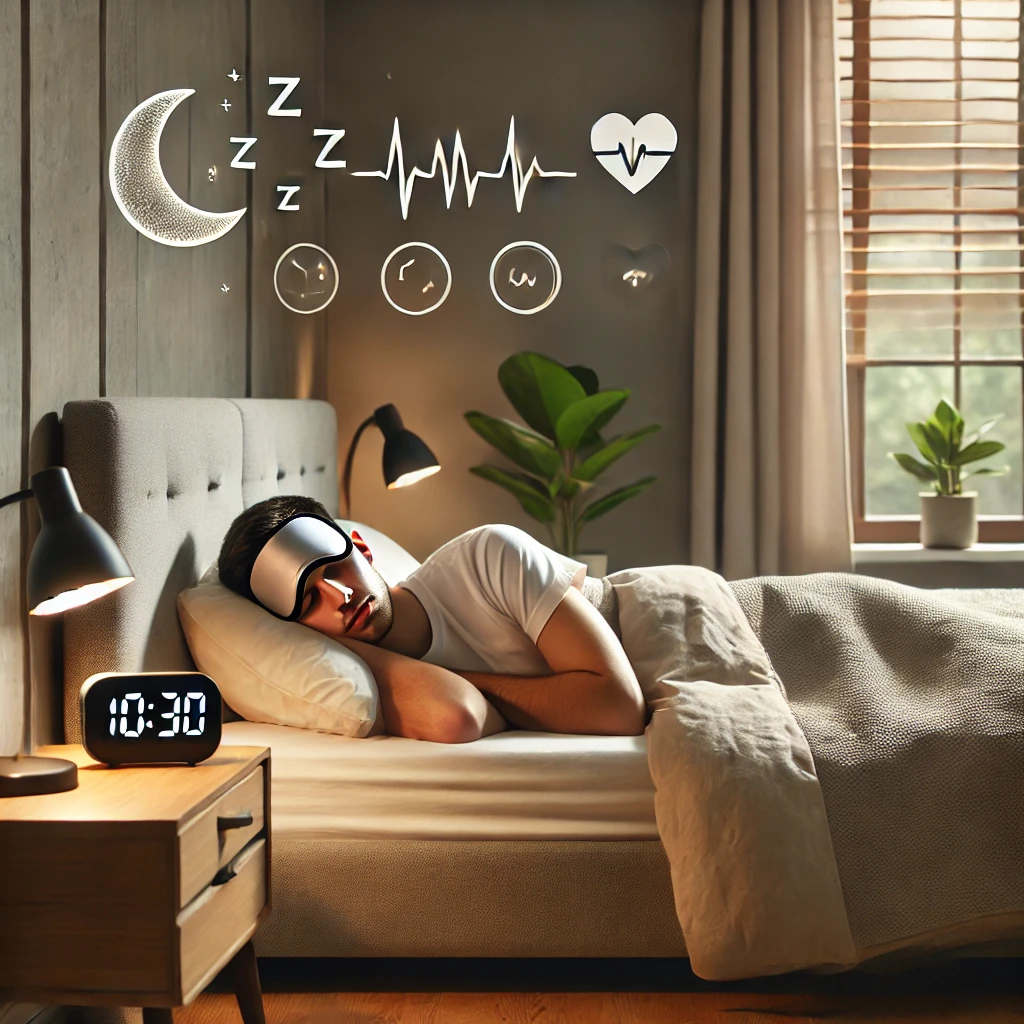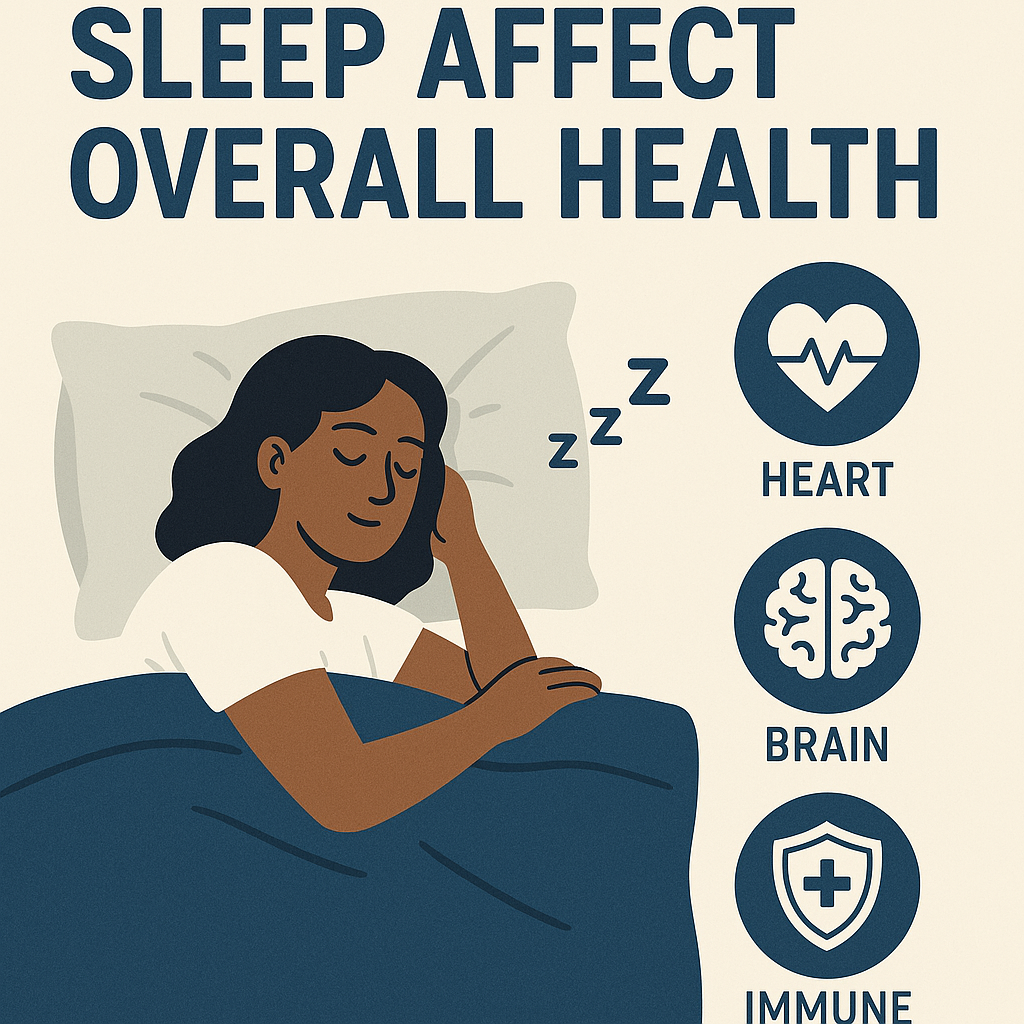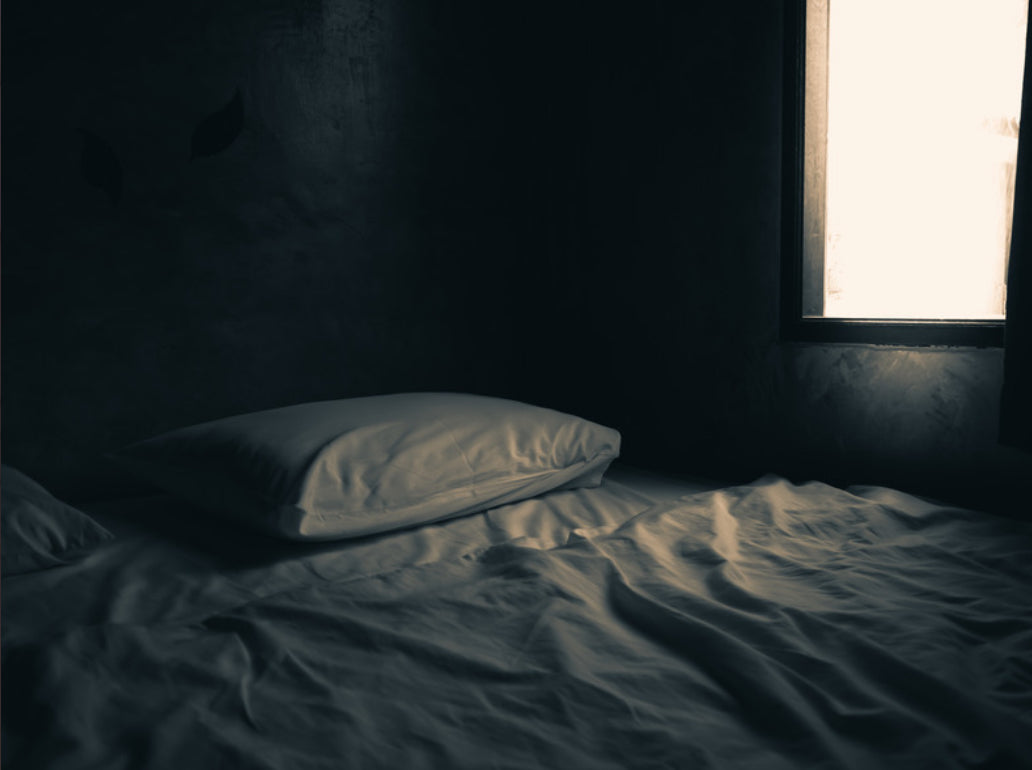What is Sleep Health? Understanding the Key to Restorative Sleep

Sleep health is an essential yet often overlooked aspect of overall well-being. It refers to the quality, duration, and consistency of sleep needed to support optimal physical and mental functioning. In Australia, sleep deprivation is a growing public health concern, with nearly 40% of adults reporting inadequate sleep (Parliament of Australia, n.d.). Poor sleep health has been linked to a range of issues, including fatigue, impaired concentration, and a reduced ability to manage stress.
As sleep problems become more common, it is important to understand what constitutes good sleep health and how to improve it. This article explores the key components of sleep health, the factors that influence it, and practical strategies to achieve better, more restorative sleep.
What is Sleep Health?
Sleep health encompasses several factors that contribute to restful and effective sleep. The Australasian Sleep Association (ASA) defines good sleep health as sleep that is of sufficient duration, appropriate timing, and high quality to support daytime alertness and overall well-being (ASA, n.d.). It is not just about getting enough sleep, but also about ensuring sleep is deep, uninterrupted, and follows a regular pattern.
Key Components of Sleep Health
- Sufficient Sleep Duration – Adults should aim for 7-9 hours of sleep per night, while teenagers need 8-10 hours (Sleep Health Foundation, 2017).
- High-Quality Sleep – Sleep should be uninterrupted, allowing for complete sleep cycles that include deep sleep and REM sleep.
- Regular Sleep Patterns – Going to bed and waking up at consistent times each day helps regulate the body’s circadian rhythm.
- Daytime Alertness – Good sleep health means waking up feeling refreshed and staying alert throughout the day without excessive drowsiness.
The State of Sleep Health in Australia
Poor sleep health is a widespread issue in Australia. Research indicates that:
- 33-45% of Australian adults experience inadequate sleep quality (Sleep Health Foundation, 2017).
- 30% of young Australians sleep less than the recommended 7-9 hours per night (University of the Sunshine Coast, 2023).
- 8% of Australians have diagnosed sleep apnea, while 20% experience chronic insomnia (Sleep Health Foundation, 2017).
- Sleep deprivation costs the Australian economy an estimated $66 billion per year due to lost productivity and healthcare expenses (Parliament of Australia, n.d.).
These statistics highlight the urgent need for increased awareness and better sleep habits to improve overall sleep health.
Factors That Affect Sleep Health
1. Sleep Environment
A comfortable sleep environment is essential for maintaining good sleep health. Factors such as light, noise, temperature, and mattress quality all influence sleep quality.
- Light Exposure – Artificial light, particularly blue light from screens, disrupts melatonin production and makes it harder to fall asleep. Wearing an eye mask or using blackout curtains can help create a darker environment for better sleep.
- Noise Disturbances – Sudden or consistent noise can disrupt sleep cycles. Using earplugs or a white noise machine can help block unwanted sounds.
- Room Temperature – The ideal sleeping temperature is around 18-22°C. A room that is too hot or too cold can negatively impact sleep.
2. Lifestyle Habits
- Screen Time – Exposure to blue light from smartphones, tablets, and TVs before bed can delay sleep onset. Experts recommend reducing screen time at least one hour before bedtime.
- Diet and Stimulants – Caffeine, nicotine, and alcohol can all interfere with sleep. Avoid consuming these substances in the hours leading up to bedtime.
- Physical Activity – Regular exercise improves sleep quality, but vigorous workouts close to bedtime can have the opposite effect.
3. Sleep Disorders
Many Australians suffer from sleep disorders that negatively impact sleep health. Conditions such as insomnia, obstructive sleep apnea, and restless legs syndrome can lead to chronic sleep deprivation.
• Sleep Apnea – A condition where breathing repeatedly stops and starts during sleep, leading to poor sleep quality and daytime fatigue.
• Insomnia – Persistent difficulty falling or staying asleep, affecting overall rest and daily functioning.
• Restless Legs Syndrome – An uncomfortable sensation in the legs that creates an urge to move, often disrupting sleep.
If sleep problems persist despite lifestyle changes, consulting a sleep specialist may be necessary to diagnose and treat underlying sleep disorders.
How to Improve Sleep Health
1. Maintain a Consistent Sleep Schedule
Going to bed and waking up at the same time every day helps regulate the body’s internal clock and improves sleep quality
2. Create a Relaxing Bedtime Routine
Engaging in calming activities such as reading, meditation, or gentle stretching signals the body that it is time to sleep.
3. Optimise the Sleep Environment
• Use blackout curtains or a sleep mask to block light.
• Reduce noise with earplugs or a white noise machine.
• Ensure a comfortable mattress and pillow for proper spinal support.
4. Limit Stimulants Before Bed
Reducing caffeine and alcohol intake in the evening can help prevent sleep disruptions.
5. Seek Professional Help if Needed
If sleep problems persist, consulting a healthcare professional can help identify and address underlying sleep disorders.
Conclusion
Sleep health is a crucial aspect of overall well-being, affecting daily performance, concentration, and long-term health. In Australia, sleep deprivation is a growing issue, making it more important than ever to prioritize good sleep hygiene. By maintaining a consistent sleep schedule, improving sleep environments, and making small lifestyle adjustments, individuals can enhance their sleep quality and overall health.
Investing in high-quality sleep accessories, such as 3D eye masks and earplugs, can further support better sleep by minimizing disruptions from light and noise. Prioritizing sleep is not just about feeling rested—it is essential for a healthier, more productive life.
References
Australasian Sleep Association (n.d.). What is sleep health? Retrieved from https://www.sleep.org.au/
Australian Institute of Health and Welfare (n.d.). Sleep problems as a risk factor. Retrieved from https://www.aihw.gov.au/reports/risk-factors/sleep-problems-as-a-risk-factor/summary
Better Health Channel (n.d.). Sleep explained. Retrieved from https://www.betterhealth.vic.gov.au/health/conditionsandtreatments/sleep
Parliament of Australia (n.d.). Bedtime reading: Inquiry into sleep health awareness in Australia. Retrieved from https://www.aph.gov.au/Parliamentary_Business/Committees/House/Health_Aged_Care_and_Sport/SleepHealthAwareness/Report
Sleep Health Foundation (2017). Asleep on the job: Costs of inadequate sleep in Australia. Retrieved from https://www.sleephealthfoundation.org.au/pdfs/Asleep_on_the_job/Asleep_on_the_Job_SHF_report-WEB_small.pdf
University of the Sunshine Coast (2023, July). 1 in 4 young Australians aren’t satisfied with their sleep. Retrieved from https://www.usc.edu.au/about/unisc-news/news-archive/2023/july/1-in-4-young-australians-aren-t-satisfied-with-their-sleep
Browse our line of sleep accessories to find how we can help you sleep better !




